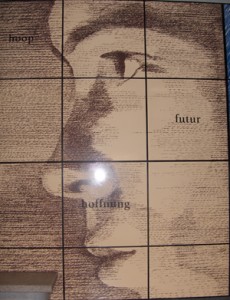In this blog, I have written extensively about the need for data backups to protect your small business against physical disasters. Now I want to address a disaster of a different kind: litigation. A careful strategy of preserving electronic records may not only be helpful in mounting a successful defense (and, in many industries, is often a legal requirement), it may actually discourage a plaintiff from pursuing your business.
I recently spoke on the topic of disaster preparedness at a conference for smaller law firms. The focus of my remarks was, predictably, data backups, which are absolutely critical to businesses that are as document-intensive as law firms. To my surprise, the discussion among the participants took a different turn when one attorney described the experience of a client who had been served with an onerous discovery demand. He stated that often plaintiffs make such expansive demands in the hope that the defendant will not be able to produce what is required and that they can win a judgment on default. This particular client was exceptionally prepared, as the IT and legal departments had been working together on the matter of records preservation in connection with their disaster preparedness efforts. They complied with the demand in a timely manner, thereby creating a dilemma for the plaintiff: to sift through all of the records would have been extremely time-consuming and expensive with no guarantee of a commensurate benefit. Moreover, having charged out of the gate with an aggressive discovery demand, the plaintiff could expect little sympathy from the judge to a request for an adjournment. The plaintiff subsequently dropped the lawsuit. The attorney added that he believes that this thinking is the reason why the federal government settled its case with Arthur Anderson so quickly: the Department of Justice would be unable to justify spending taxpayer funds on an analysis of the reams of documents it had demanded from Anderson, which documents Anderson dutifully produced.
So consider your data backup in the context of a strategy for litigation deterrence. This lesson was so important that I wanted to share it with you. By the way, the graphic accompanying this blog, is a photograph I took in a subway station in Brussels, Belgium.
